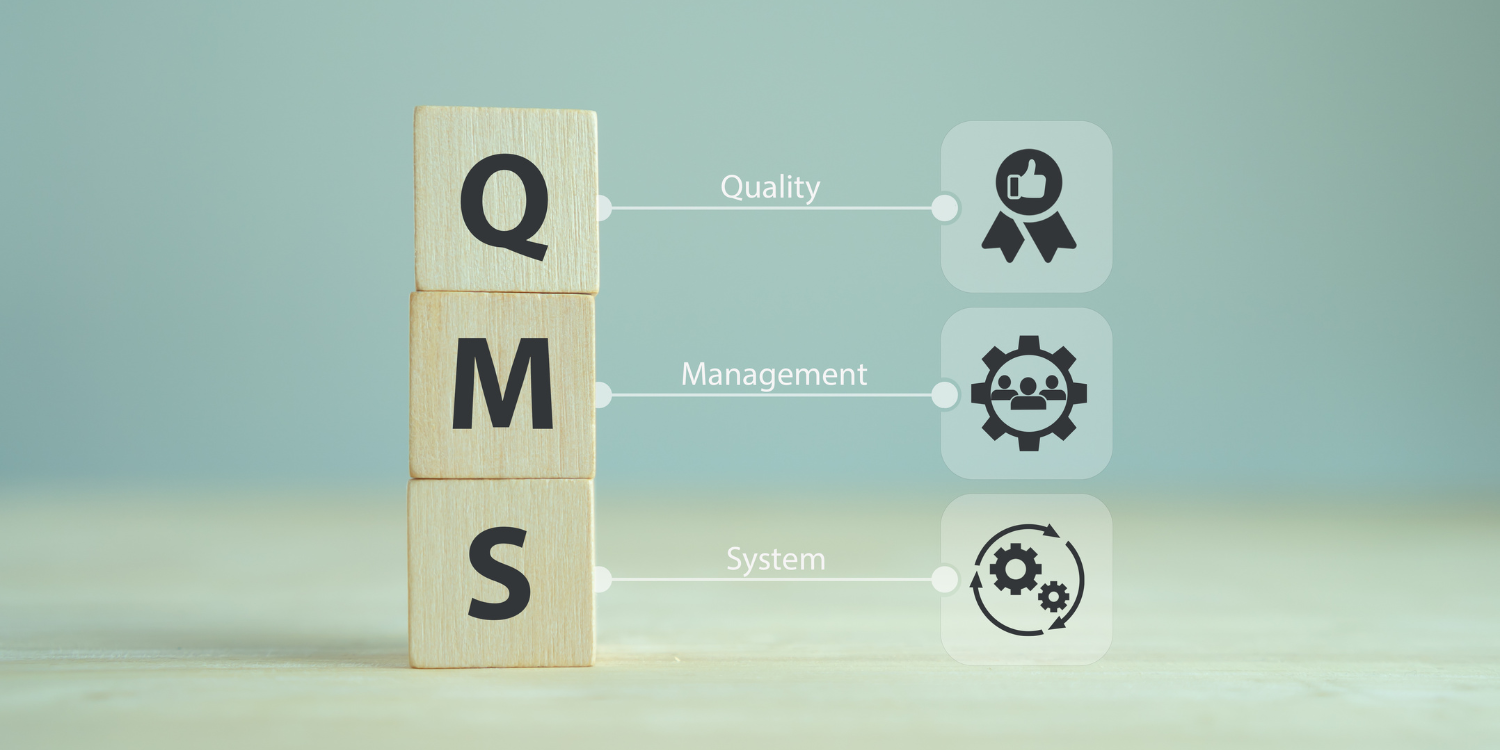Do you find yourself leaning towards one product or brand vs. another because of the country it comes from? From our experience, many people do, but there is much more to consider to base your purchasing decision on. When buying heavy-duty parts, consider the following when it comes to country of origin.
Confusion About Where Parts Really Come From
Many buyers have preconceived notions of where good parts come from.
What might come as a surprise to some is that while they are opting for an American-branded alternator or starter, they might actually be purchasing a part that has been manufactured in a developing country.
A North American brand doesn’t necessarily mean that a product is good, and conversely, a product branded or manufactured by a company in Mexico, China, or other popular manufacturing countries does not mean a product is bad.
Rather than focusing on the county of origin, or where the brand company is located, consumers should base more of their purchasing decisions on quality control.
What really matters is the quality management system
It doesn’t really matter where something is manufactured- no place produces inherently shoddy manufactured products.
The most important factor that can indicate the quality of a product is the quality management system that the company abides by.
The QMS system that is widely used in the heavy-duty auto parts industry is ISO 9000
Under the ISO9000 designation, reputable companies in Canada, the USA and all over the world are governed by the same Quality Management System guidelines – it doesn’t matter where they are located. This means that regardless of the labour laws or manufacturing standards of a particular country of origin, companies who are certified as compliant with this QMS are on a level playing field.
The Principles of ISO 9000
The main components of this QMS system that contribute to ensuring the parts that you purchase- no matter where they come from- are thoroughly reviewed & of good quality, include the following:
- A commitment of management to monitor, control, & improve quality. A regular auditing system needs to be in place and all issues uncovered during the audit need to be rectified.
- The business regularly reviews & determines whether their quality system is working and what improvements can be made
- The company keeps a record of where raw materials were sourced from so any issues can be traced back to the source
- The ISO certification needs to be renewed in regular intervals, so working towards improving the system does not stop once accreditation is received
How to Find Out if a Company is ISO Certified
Most companies that are ISO certified proudly display this on their website- check the “about us” section.
If the information doesn’t appear there, it is still possible that they hold this accreditation- just ask. All companies should be able to provide their certificate of proof.
When you review a certificate check that:
- The accreditation body is a member of the International Accreditation Forum
- The locations/plants that you deal with are listed on the certificate (sometimes a company operates multiple locations- with only a few being accredited)
- The certificate is not expired.
Learning About Your Suppliers & Distributors is Important
When the products you purchase need to be reliable and of the highest quality, taking the time to research your suppliers and distributors is critical.
Don’t get hung up on country of origin when evaluating different products- focus on the measures that the company takes to ensure they are providing a consistently great product.
Need Help Buying Parts?
Have a question about our quality management system? Contact us today and we’d be happy to speak with you.

